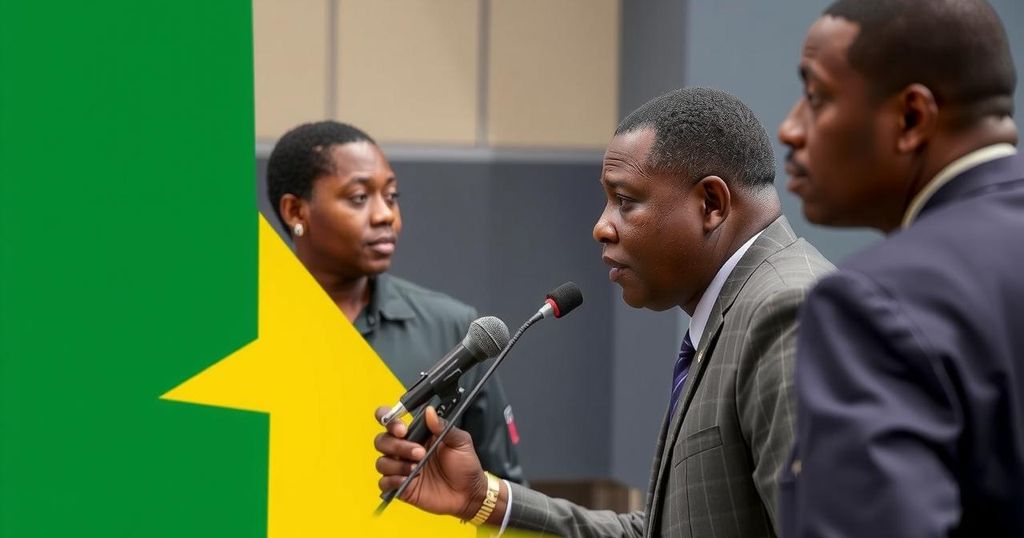Gabon Prepares for Constitutional Referendum Following Junta’s Coup
Gabon is preparing for a referendum on a new constitution. The ruling junta describes this change as critical after their coup ended 55 years of Bongo family rule. The newly proposed constitution aims to reshape Gabon’s political framework, seeking to foster development and national unity.
Gabon is set to conduct a pivotal referendum on a new constitution, which the ruling junta regards as a significant change following their recent coup that ended over five decades of governance by the Bongo family. This legislative shift aims to establish a new political framework for the country, marking a departure from the previous regime. The junta has described this referendum as a crucial step towards national development and stability, reflecting their ambitions for a transformed political landscape in Gabon.
Gabon has been under the control of the Bongo dynasty since 1967, with Ali Bongo Ondimba succeeding his father, Omar Bongo. The recent coup, which took place in August 2023, ended the Bongo family’s long-standing rule, leading to widespread discussions regarding governance and constitutional reform. The new constitution is viewed as an opportunity for the junta to solidify its authority while potentially resonating with the populace’s desire for democratic reform.
In summary, Gabon’s upcoming constitutional referendum represents a critical juncture in its political history. It not only signifies the junta’s commitment to instituting change following decades of Bongo rule but also reflects a broader desire among citizens for a new political order. The outcome of this referendum will likely have lasting implications for the country’s governance and stability.
Original Source: www.barrons.com




Post Comment